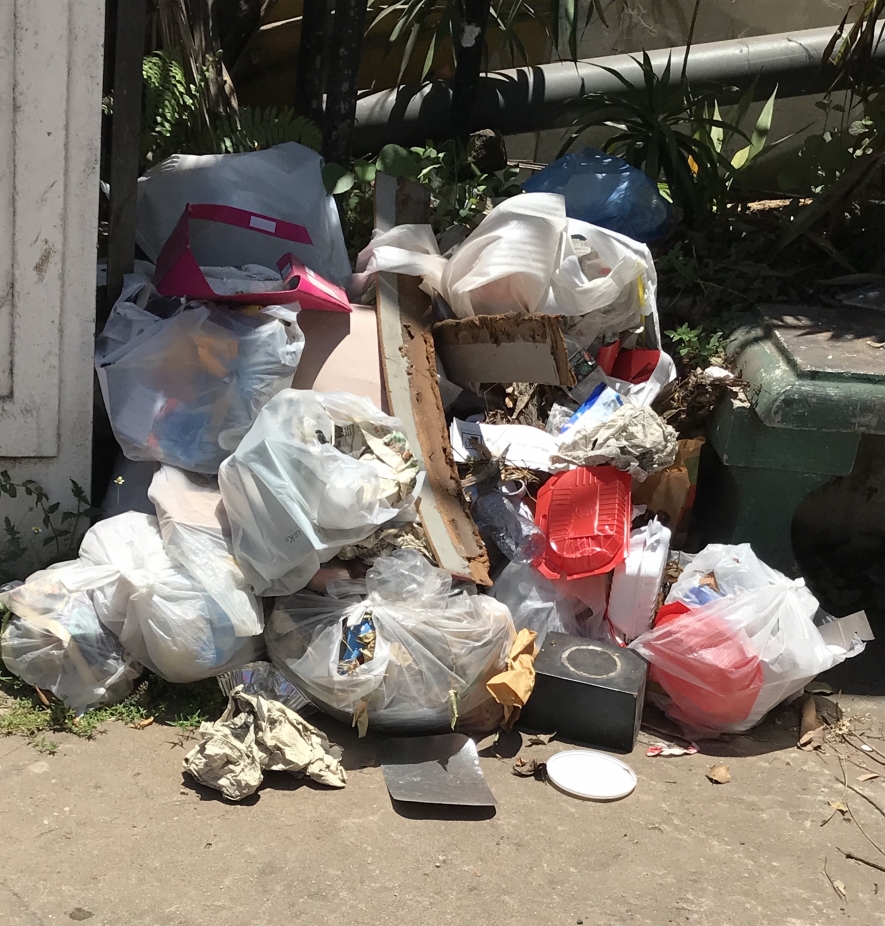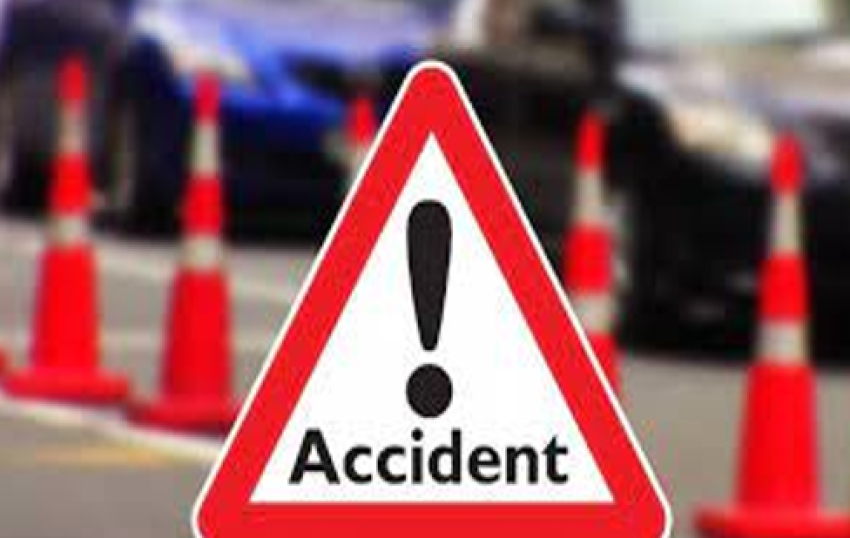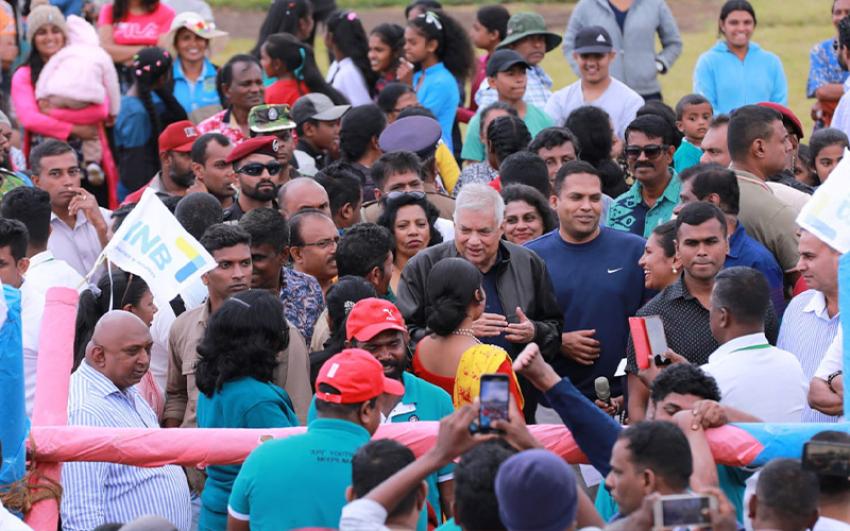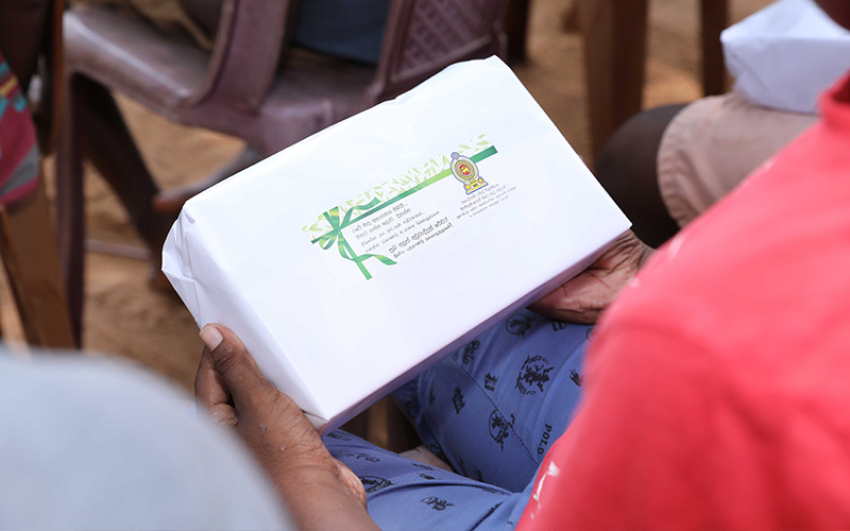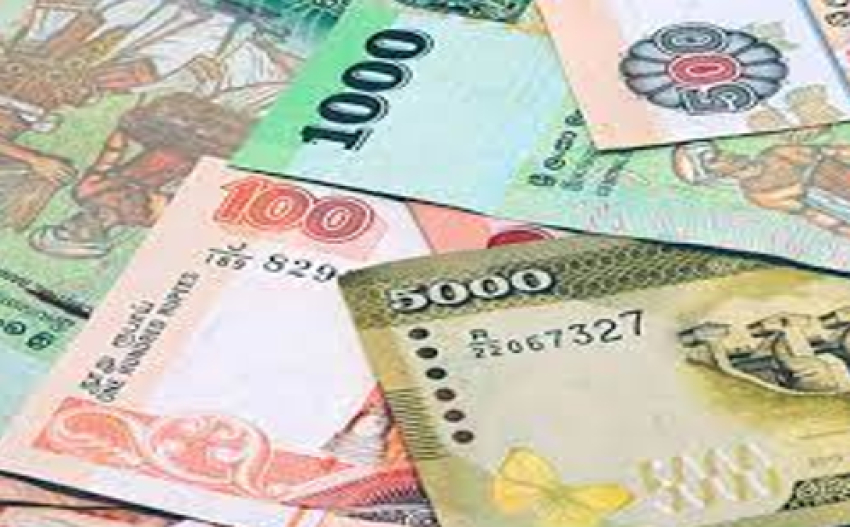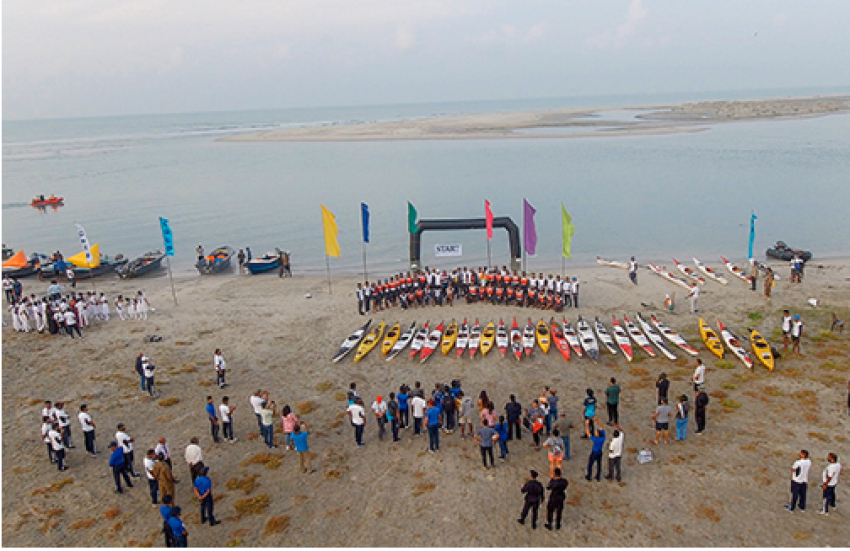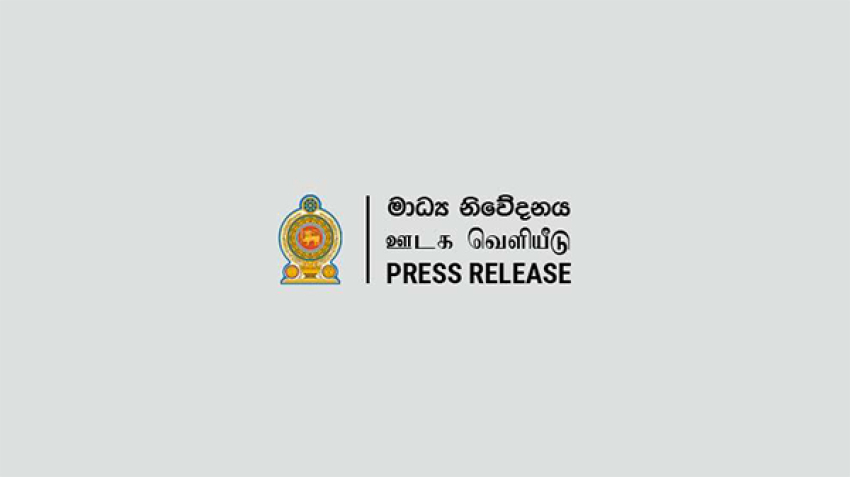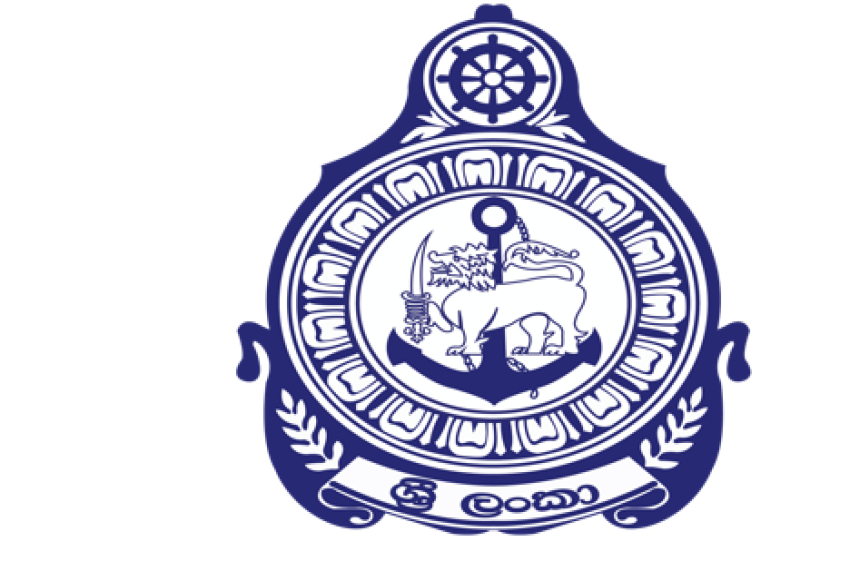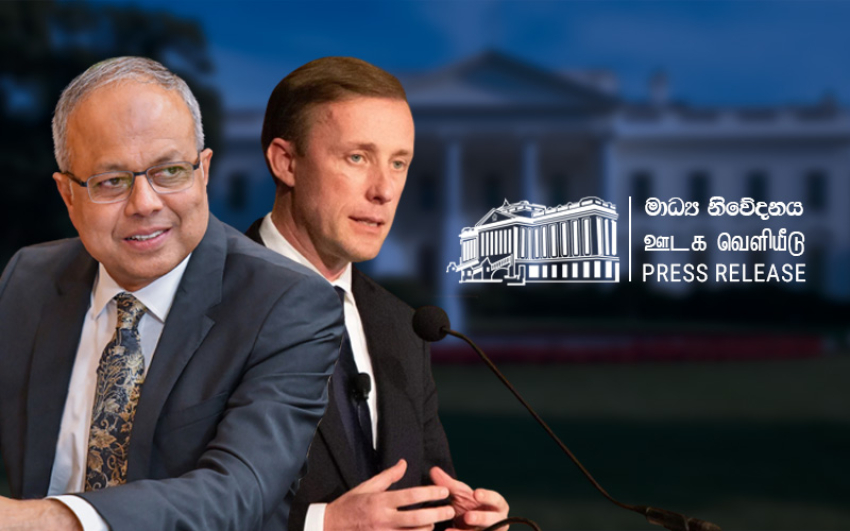Issuing a press release the Foundation further says that this will need to go along with strong accountability, clear awareness campaigns on the environmental and economic impacts, stakeholder engagement and continuous monitoring.
Ultimately, if EFL believes that Sri Lankans can have the fortitude to introduce a levy on single use plastics, it can be the catalyst for a greener and healthier environment for all Sri Lankans it added..
The text of the Media release of the Environmental Foundation (Guarantee) Ltd. Is as follows: Indisputably, excess waste in the environment is one of the most prevalent threats to the ecosystems and societies, alike. Although plastic itself is an extremely useful material and has revolutionised food, health and consumer sectors, our use and management of it has become extremely damaging to the environment and the food chain. Due to its low cost and convenience, single use plastics are one of the biggest polluters globally and locally here in Sri Lanka, generating approximately 420 MT of plastic waste daily. Plastic can remain in our environment for over 500 years. Due to a lack of disposal sites and poor management, it has led to tragedies such as Meethotamulla and our oceans have become dumping grounds, choking marine life. Consumed by livestock and marine creatures, it also finds its way into the food chain as microplastic and could lead to cancers, neuro-behavioural disorders and birth defects[1]. Unsightly garbage dumps and widespread littering significantly impacts tourism and the economy, as well.
Existing Regulation on Plastic
Single use plastics make up the biggest component of plastic waste generated. This includes lunch sheets, packaging, bottles, shopping bags, containers and cutlery. Action taken by the government directly targeting the reduction of these single use plastics can have a large scale impact on significantly reducing the waste generated island wide and reduce the burden on waste management systems. In September 2017, the government passed landmark laws targeting reduction of some single use plastics. Although the laws are big steps in the right direction, its implementation and monitoring in the major cities and rural areas have not been upheld for the laws to be fully effective. Many consumers and establishments continue using lunch sheets, polythene bags and HDPE (High-density polyethylene), while lay people are unable to differentiate between the different micron bags.
The Proposed Levy on Plastic
In addition to the ban on specific plastics, The Environmental Foundation (Guarantee) Ltd (EFL) believes that, an introduction of a levy on the use of plastics for consumers, manufacturers or importers, in different capacities, would substantially dampen the average plastic consumption. EFL also thinks that, this will ensure that the users do not continue using thicker plastic bags (>20µ), etc. that are not banned. Further, these levies are meant to be minimal, symbolic amounts but would serve as a noticeable, continuous reminder to the consumers. Such a non-coercive measure will encourage broad changes in behaviour over time by influencing people’s understanding of the issue. This economic tool would also generate revenue which can go towards strengthening plastic reduction strategies.
The Environmental Conservation Levy Act No. 26 of 2008 was introduced according to the budget proposals in 2008. The act provides for the imposition of a levy–
- On specified items owned by consumers
- On specified items imported in to or manufactured in Sri Lanka or
- On specified services provided in Sri Lanka,
which are likely to have a harmful impact on the environment.
This existing act could be the foundation upon which the proposed levies can be introduced. It should be implemented with clear communication of the reasoning behind the imposed levy. Education and awareness amongst key stakeholders of the direct impact of the levy can reduce resistance and ease adoption. At the same time, EFL suggests that alternatives to single use plastic should be made available and incentivised to make them more affordable for wider acceptance. Biodegradable bags, reusable bags, glass bottles with collection systems and waiving tax on manufacturing materials are solutions which can be encouraged.
The proposed levy on plastic by EFL has been brought to notice of the President, the Prime Minister and the Finance Minister so far.
Examples of countries that have successfully implemented levies
In 2002 the Irish government introduced a tax on plastic bags at points of sale, known as the “PlasTax”. The levy was set six times higher than the estimated willingness to pay per bag, with the aim to trigger behavioural change in consumers and promote the use of reusable shopping bags. The levy was accompanied with clear government body responsible for the tax, extensive stakeholder consultations and clear awareness campaigns with the intentions of the levy. The result was wider public recognition and smooth enforcement of the levy, with the plastic bag usage plummeting by 90% and the consumers favouring the increased environmental protection[2].
Indonesia successfully implemented a levy on plastic bags. Although it received resistance from consumers and plastics industry, plastic bag consumption has reduced by 40%. Portugal also implemented a plastic bag tax in February 2015 to reduce the consumption of plastic grocery bags and in turn reduce the potential contribution to marine litter. Within four months following the tax implementation, it was observed that the plastic bag consumption reduced by 74% and the reusable plastic bag usage increased by 61%. Majority of the European countries have successfully implemented levies to reduce single-use plastics, while complete bans or levies have been implemented across many African and Asian countries.
The United Nations Environment Programme (UNEP) released a global report in 2018, on policy decisions taken by governments across the world to tackle single use plastics. The report presents excellent research and guidelines, which will be a useful resource in developing a related policy.
In Sri Lanka, EFL believes that, a combination of the existing bans whilst imposing new levies will work successfully to reduce plastic consumption and help manage our waste crisis. This will need to go along with strong accountability, clear awareness campaigns on the environmental and economic impacts, stakeholder engagement and continuous monitoring. Ultimately, if EFL believes that Sri Lankans can have the fortitude to introduce a levy on single use plastics, it can be the catalyst for a greener and healthier environment for all Sri Lankans.
[1] Galloway T.S. (2015) Micro- and Nano-plastics and Human Health. In: Bergmann M., Gutow L., Klages M. (eds) Marine Anthropogenic Litter. Springer, Cham
[2] UNEP (2018). SINGLE-USE PLASTICS:A Roadmap for Sustainability

